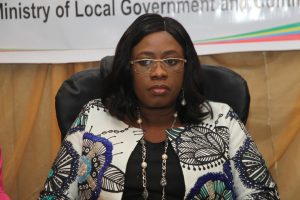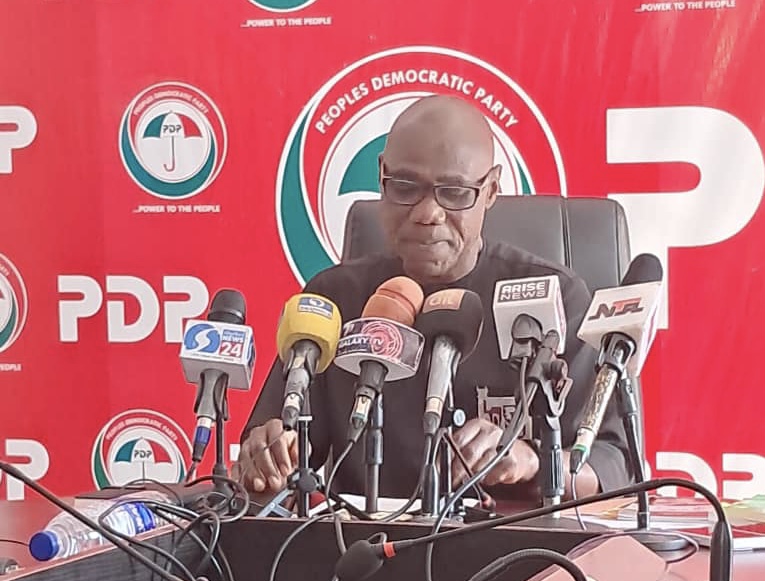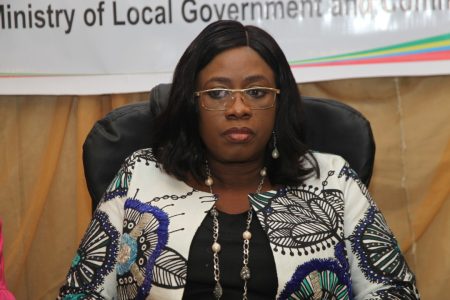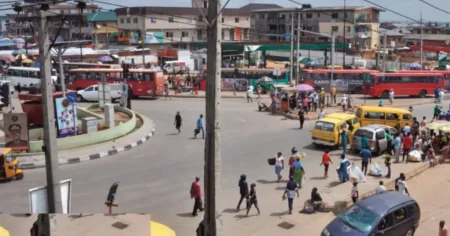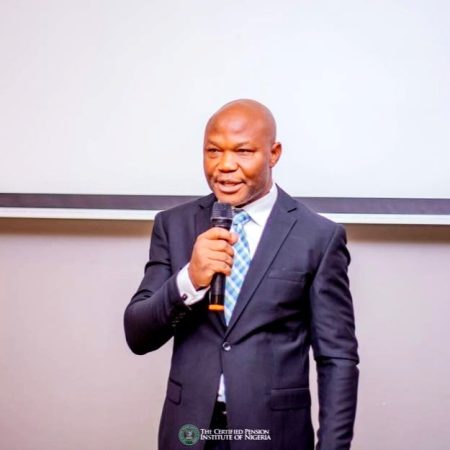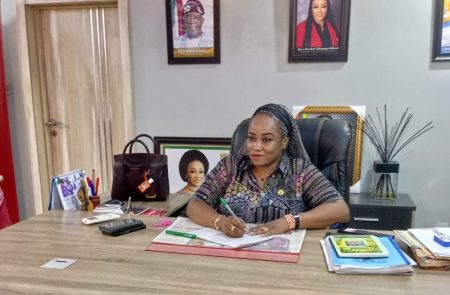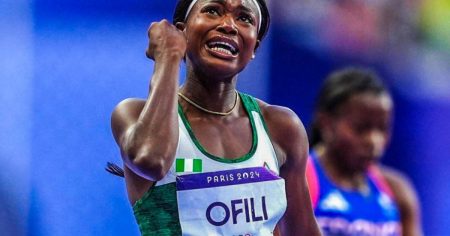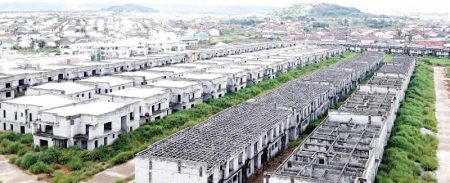The Peoples Democratic Party (PDP) is embroiled in a power struggle with the Independent National Electoral Commission (INEC) over the legitimacy of its upcoming National Executive Committee (NEC) meeting. The PDP, once Nigeria’s dominant political force, has been grappling with internal strife since its 2015 electoral defeat, marked by leadership disputes, defections, and unresolved congress issues. The party insists on holding its 100th NEC meeting on June 30th, a gathering deemed crucial for preparations for the upcoming national convention. However, INEC has rejected the notification of the meeting, citing procedural irregularities in the notice. This standoff highlights the escalating tension between the PDP and INEC, further complicating the party’s efforts to regain its political footing.
The heart of the conflict revolves around the NEC meeting notification. INEC, in its rejection, specified that according to its regulations, such notifications must be jointly signed by both the National Chairman and the National Secretary. The PDP, however, contends that its Acting National Chairman, Umar Damagum, duly notified INEC on May 30th. The party further argues that INEC’s remit is limited to being informed about events where party officials or candidates are elected, and that routine internal party meetings, such as the NEC meeting in question, fall outside INEC’s purview. The PDP accuses INEC’s Acting Secretary, Halilu Aminu, of unilaterally assigning a purpose to their meeting, thereby overstepping his authority and interfering in the party’s internal affairs.
The PDP’s internal struggles are further exemplified by the ongoing dispute over the National Secretary position, contested between Sunday Udeh-Okoye and Senator Samuel Anyanwu, with the latter backed by influential FCT Minister Nyesom Wike. This internal conflict has caused repeated delays in NEC meetings and deepened existing factionalism within the party. In a bid to resolve the impasse, Setonji Koshoedo was appointed Acting National Secretary. However, a fact-finding committee subsequently reported that INEC recognizes Anyanwu as the substantive secretary, further muddying the waters and intensifying the power struggle within the PDP.
The PDP vehemently rejects INEC’s intervention, emphasizing that internal party matters are outside the electoral body’s jurisdiction. They point to Supreme Court rulings that affirm the party’s autonomy in managing its affairs, including scheduling and conducting internal meetings. The PDP accuses INEC of overreach and questions the motives behind Aminu’s actions, suggesting he may be serving vested interests seeking to undermine the party. The PDP maintains its right to hold the scheduled meeting and views INEC’s actions as an attempt to stifle opposition and pave the way for a one-party state, a scenario they firmly reject.
The PDP accuses INEC of exceeding its mandate and interfering in the internal affairs of a political party. They argue that INEC’s role is primarily focused on elections and related activities, such as receiving notifications for conventions, congresses, and primaries, not on routine party meetings like the planned NEC meeting. They question Aminu’s motive and the source of his alleged “invented” purpose for the meeting, insinuating an ulterior motive to undermine the PDP’s legitimate activities. The party sees this as a dangerous precedent that could undermine the democratic process and threaten the independence of political parties.
The PDP’s stance is that INEC’s actions have broader implications beyond its internal disputes. They express concern that this interference could erode international confidence in Nigeria’s electoral process and undermine democratic principles. They warn that such actions could embolden those seeking to establish a one-party state, stifling political opposition and jeopardizing the country’s democratic future. The party highlights the importance of international partners and organizations that support INEC’s independence and credibility, arguing that this incident threatens to damage the image and trustworthiness of the electoral body. The PDP urges INEC to reconsider its position and respect the party’s autonomy, thereby safeguarding the principles of democracy and ensuring a fair and credible electoral process in Nigeria.


